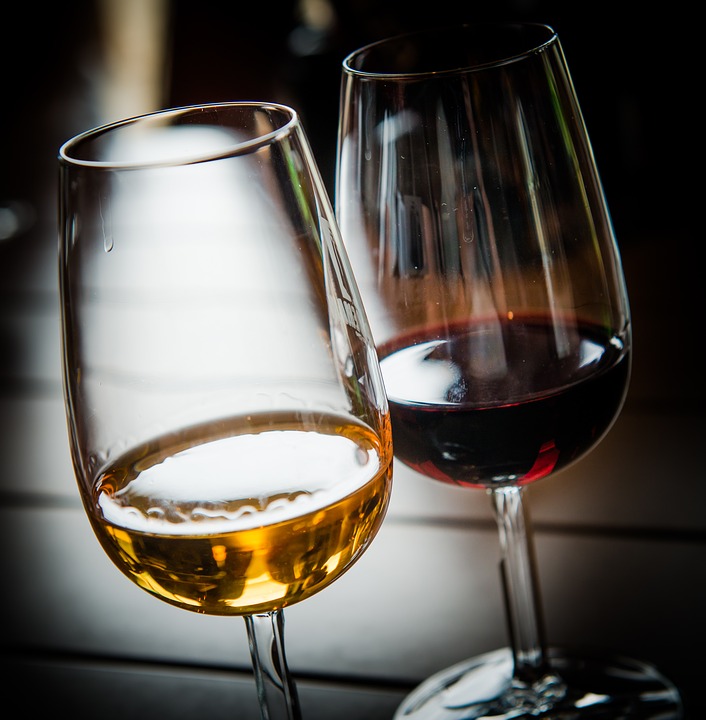The European Union (EU) ban on the words port or sherry for wine countries including South Africa has remained controversial since it was implemented. Having just returned from another insightful trip to Europe, SA champion port-maker Carel Nel believes the EU’s earlier decision may lie at the heart of the port wine industry’s current doldrums.
“There are a lot of similarities between port and whisky,” says Carel. “Both are high alcohol luxury products; can be enjoyed on special occasions; and, have a history dating back hundreds of years. But there it stops.
“Today, however, the whisky industry is booming in sales and image while Port is generally stagnant.”
He points out the huge disparity in retail space between the two categories. “Port has tiny shelf space compared to whisky and even gin. In many cases, Sherry is nowhere to be seen.
“Some sherry and even port producers are making more money out of selling seasoned barrels to whisky producers than out of the Sherry or Port itself.”
The sales statistics tell the story. Scotch whisky’s total sales are more than £4,6 billion – 1,23 billion bottles – with port at £499 million. Sherry sales dropped from 22 million bottles in 2005 to 10 million bottles in 2015 (UK). Port sales in the UK dropped 26% in 10 years, from eight million litres in 2005 to five million litres in 2015.
“On the positive side, vintage Ports and aged Tawnies that are generally higher quality have increased their market share of total sales,” Carel points out.
Whisky producers in the US, India and China are however expanding production to keep up with demand.
“The Scotch whisky producers allow their whisky – both malt and grain varieties – to be blended into foreign whiskies with fairly relaxed regulations. In some India cases, less than 5% of Scotch is blended into local products while stating it’s a blend of Indian and Scotch Whisky.
“Scotch (and even Irish) whisky is still regarded worldwide as the pinnacle of quality,” Carel says, referring to the recent sale of Macallan 1926 whisky that sold for more than R14 million per bottle.
“In contrast, many port producers in Portugal were responsible along with the EU for forcing countries like South Africa and Australia to stop using the word port. They even tried unsuccessfully to stop the use of the terms Ruby, Tawny and Vintage.”





